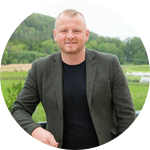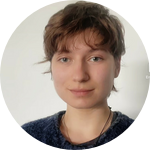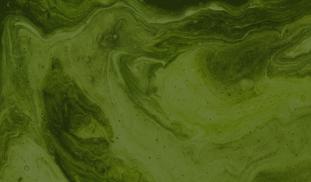Please wait...
About This Project
To stop the negative effects of climate change we need carbon capture technology to be developed and deployed worldwide as soon as possible. Nellie is a direct air carbon capture system that is able to help solve this global problem using microalgae. We have a working prototype and now need to test certain additives which will increase the efficiency of our system and accelerate the at-scale removal of Carbon Dioxide from the atmosphere and mitigate the effects of climate change.
More Lab Notes From This Project

Browse Other Projects on Experiment
Related Projects
Using eDNA to examine protected California species in streams at Hastings Reserve
Hastings Reserve is home to three streams that provide critical habitat for sensitive native species. Through...
City smart: Are cities making birds smarter?
One cannot go to Florida and miss the White Ibises roaming golf, park and private lawns. But how does a...
How do polar bears stay healthy on the world's worst diet?
Polar bears survive almost entirely on seal fat. Yet unlike humans who eat high-fat diets, polar bears never...




